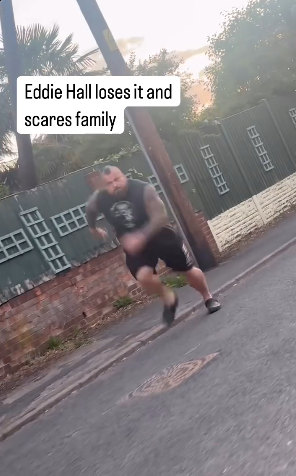In a shocking turn of events, a Texas boy has admitted to a crime that has stunned the community and law enforcement alike. Over two years ago, at the tender age of 7, the boy committed a harrowing act by fatally shooting a man named Brandon O’Quinn Rasberry while he slept in his RV. The incident occurred at the Lazy J RV Park in Gonzales County, Texas, and the case had gone cold until recent developments brought it back into focus.
The child, now 10 years old, has not been charged with the murder due to Texas law, which stipulates that children under ten cannot be held criminally responsible. This legal detail has left the community and the victim’s family grappling with the implications of such a young child committing such a serious act.
The case resurfaced when the boy, involved in a separate incident at school where he threatened violence, inadvertently confessed to the shooting during a conversation with a sheriff’s deputy. This confession led to a deeper investigation, where the child described the events of that fateful day in vivid detail. He recounted entering the victim’s RV, observing Rasberry asleep, and then shooting him in the head.
The boy’s actions after the shooting were chillingly calculated for someone so young. After firing the gun, he discharged it again into a couch inside the RV before returning the weapon to his grandfather’s truck. The authorities confirmed that the information provided by the boy was consistent with the crime scene evidence.
While the boy faces no charges for the murder due to his age at the time, he is currently detained for unrelated charges stemming from his behavior on a school bus. The situation has prompted a wide range of reactions, from outrage and disbelief to sympathy for a child caught in such a grave scenario. The victim’s father, Kenneth Rasberry, expressed shock at the revelation of the killer’s identity but also called for prayers and support for the young boy, emphasizing forgiveness and the potential for his rehabilitation.
This case not only highlights the tragic nature of the crime but also raises profound questions about juvenile justice, psychological assessment, and the capacity for rehabilitation in such young offenders. It underscores the complexities faced by communities and legal systems when children commit acts that seem beyond their years.




